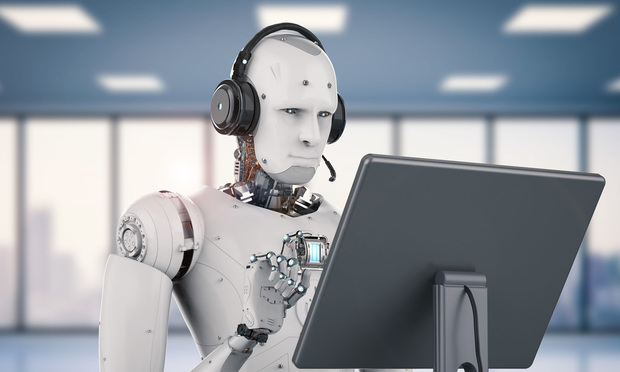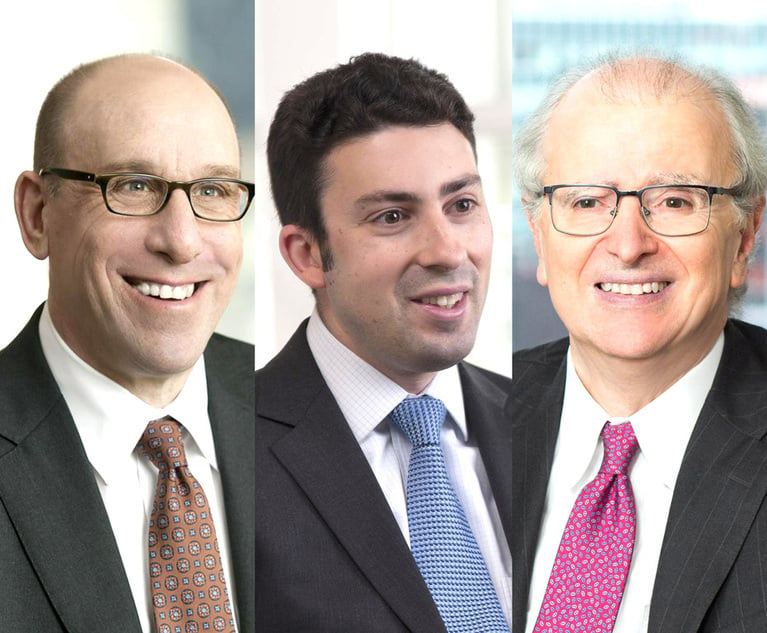It’s the stuff of science fiction made real: robot law.
If your robot hurts someone, are you liable? Legally speaking, is a robot like a pet? An employee? Should robots one day have a form of legal status that makes them responsible for their own actions?










